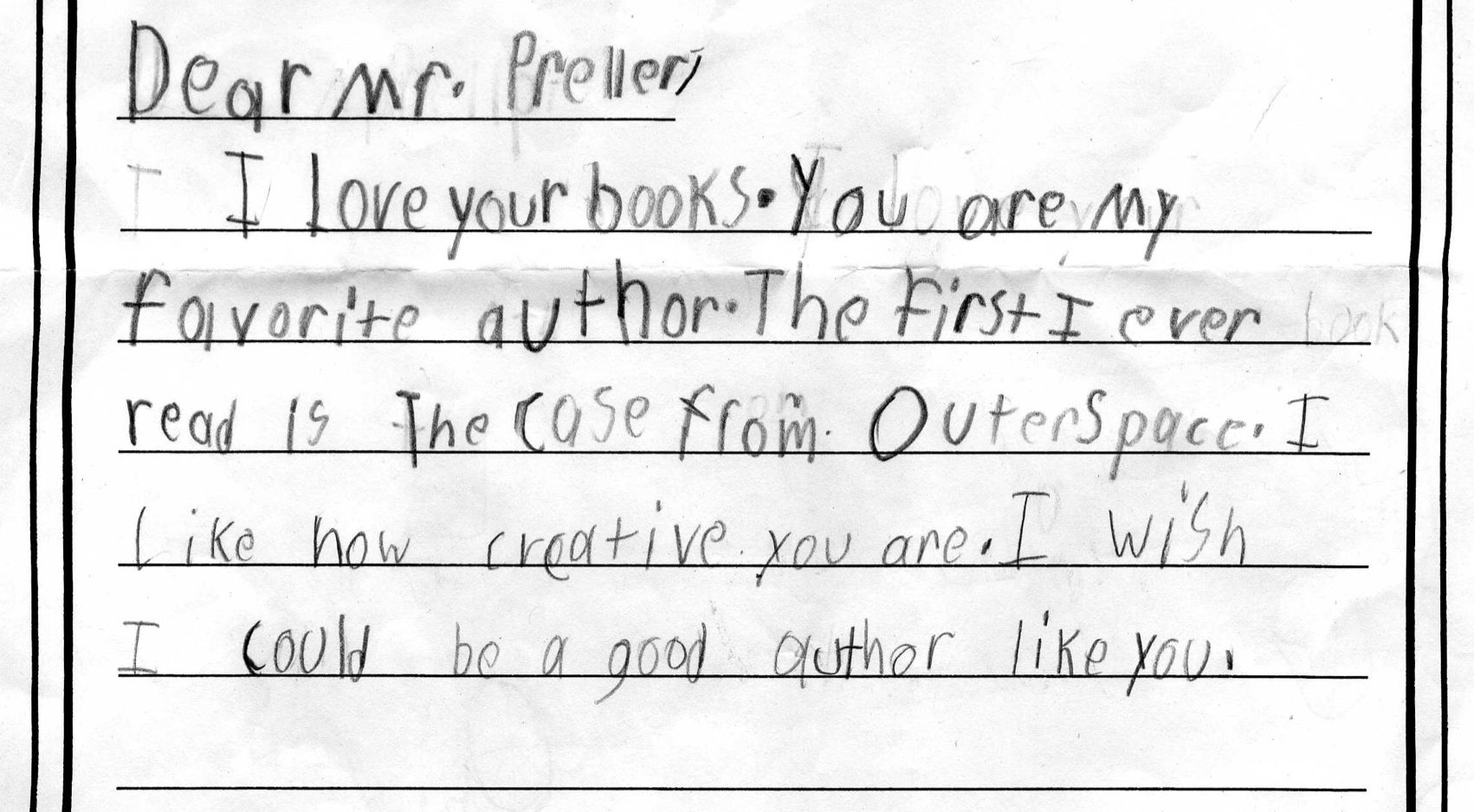–
For the past two years, I’ve taught several online classes for Gotham Writers. It’s for adults and via Zoom, usually titled “Writing children’s books” in a workshop format. I’ve taught four ten-week classes so far. Three hours a session on a weeknight. It’s demanding and the pay is horrendous but I love the students and what we learn together. And every dollar helps.
But first, an aside: I’m not comfortable with the idea that I’m a teacher, since I see myself more as conductor than instructor. As the expression goes: Not the sage on stage, but the guide on the side.
Anyway, I find that I miss it when there’s no class, no fellow writers to discuss these things with — the writing that moves us or falls flat or annoys us and why. A lot of the class is about developing our critical taste. Lately I’ve been casting about for an outlet for these thoughts. Since, yeah, in my real life just about no one cares what I think about writing.
And it feels a little pretentious, talking about writing as if I know. But, okay, I accept I must know some things. I’ve gotten this far. I’ve been publishing all sorts of books since 1986.
So: I just read The Great Believers by Rebecca Makkai and I have thoughts about it. When I first picked it up, upon a friend’s recommendation, I didn’t realize that much of it was set in Chicago, 1985-1990, centered around a gay community amidst the AIDS crisis. As it happens, my oldest brother, Neal, lived in Chelsea in NYC (15th between 7th & 8th) and was sick at that time. He finally succumbed in 1993. But back in ’85, I was 24 and living in Brooklyn, working in Manhattan (Broadway & Waverly, across from NYU). I spent much time in Neal’s apartment during my early teenage years, the late 70s, visiting from my home on Long Island, learning the village’s streets via its used record stores. I met his friends, his partner, spent time in his world. This book powerfully brought all of that back. Brought my brother back. So much loss. That disease hit so hard.
Here’s one moment from the novel — and a few brief writing observations after. In this scene, Yale is visiting Charlie, who is very near the end of his life, at the hospital:
–
–
He sat on the chair by the bed.
The nurse came in, and she showed Yale a small pink sponge on the end of a stick, showed him how he could hold it to Charlie’s lips to give him water.
He did it for a while, and he ran his thumb over Charlie’s wrist, listening to the thrumming of the walls.
He fed him water, drop by drop.
He could feel it, all around him, how down the corridor, and down the other hallways of other hospitals around Chicago and the other godforsaken cities of the globe, a thousand other men did the same.
 A few folks who have been in class with me might not be surprised when I express deep admiration for that first sentence:
A few folks who have been in class with me might not be surprised when I express deep admiration for that first sentence:
He sat on the chair by the bed.
A full paragraph.
He sat on the chair by the bed.
Clear, unadorned, lean, concrete, specific. He sat on the chair by the bed. It’s perfect. It looks easy. And it is so hard for many of us to write. The temptation to pretty it up is so strong (in me, at least).
To write with restraint — without ego. The writer getting out of the way. An absolute absence of cleverness.
He sat on the chair by the bed.
Anybody could write do it!
The next paragraphs are equally clear and concrete and beautifully rendered. We get that one word, thrumming, but mostly it is simple language, directly told.
He fed him water, drop by drop.
A mood sets in. The seconds ticking by, the end of a life’s last seconds. To be in that lonely, sad hospital room. Watching a young man die. He fed him water, drop by drop.
And then we get that long sentence, the poetry and the liftoff. As writers, we have to be careful about when and how we attempt this. Too much of this kind of thing would make a book exhausting to read, too purple, too annoying. The writer always reaching for a distant star. The batter always swinging for the fences.
But here, in context with the paragraphs before it, we are ready and eager for that elevation — for this one long sentence. The ground has been prepared for the poetry.
Thirty-six words, four commas, and a period.
He could feel it, all around him, how down the corridor, and down the other hallways of other hospitals around Chicago and the other godforsaken cities of the globe, a thousand other men did the same.
That’s good writing.
–
–














